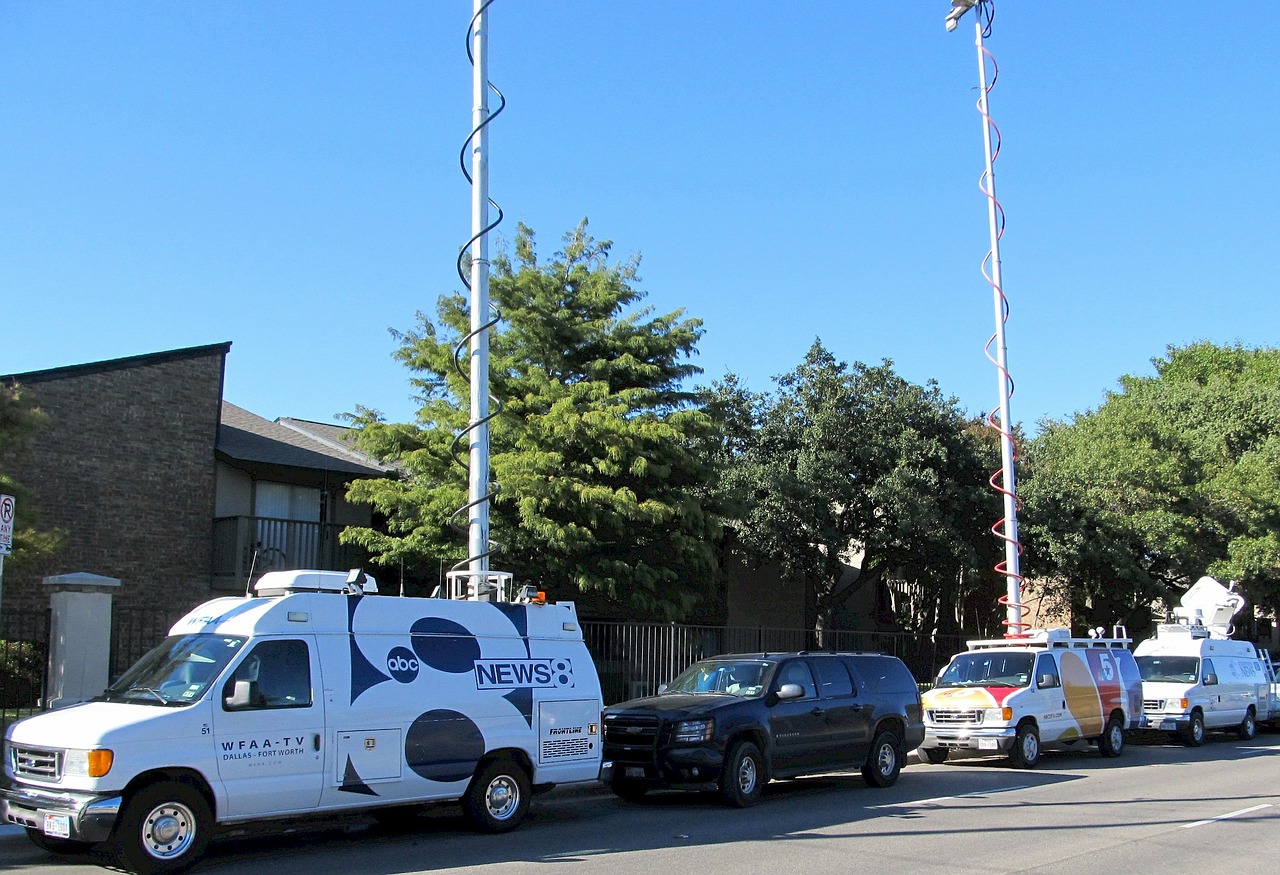A new report from Media Matters for America details the astounding lack of coverage of climate change from major U.S. television news outlets in 2016. According to the report, there was an overall decrease in coverage, dropping about 66 percent from the previous year.
News outlets that included ABC, CBS, NBC, and Fox News Sunday spent a combined total of 50 minutes discussing the issue of climate change on nightly and Sunday morning news programs in 2016.
Media Matters’ report has more on the drop in overall coverage:
“As was the case in 2015, ABC aired the least amount of climate coverage in 2016, covering the topic for just six minutes, about seven minutes less than in 2015. All the other major networks also significantly reduced their coverage from the previous year, with NBC showing the biggest decrease (from 50 minutes in 2015 to 10 minutes in 2016), followed by Fox (39 minutes in 2015 to seven minutes in 2016) and CBS (from 45 minutes in 2015 to 27 minutes in 2016).”
The report says that none of these networks aired any evening or Sunday morning news segments which discussed the presidential candidates’ environmental policy differences and their potential ramifications. The only primetime news program to cover that issue was PBS NewsHour.
Media Matters also noted that coverage of climate change increased dramatically immediately following the U.S. presidential election, escalating from about one segment per week for the combined networks in the months before the election to about five per week combined in the seven weeks after the election.
According to a 2016 Pew Research Center study, 57 percent of American adults turn to TV as their primary news source.
It should be noted that 2016 — the year in which total climate change coverage from America’s largest television news outlets dropped to less than a full hour — holds the dubious honor of being the warmest year on record.
Additionally, the past several years have continued to experience a number of extreme weather events that experts agree are linked in part to climate change. The United Nations World Meteorological Organization concluded in a 2016 report that:
“Many individual extreme weather and climate events recorded during 2011–2015 were made more likely as a result of human-induced (anthropogenic) climate change. In the case of some extreme high temperatures, the probability increased by a factor of ten or more.”
During that time period, an estimated 300,000 people across the globe lost their lives to climate change–related weather events, primarly due to an East African drought.
Climate science predicts that instances of extreme weather will become more intense and more frequent with a warming climate, a phenomenon often described as “loading the dice.”
Insurance Journal laid out the ten most costly — both in terms of lives lost and economic damages — extreme weather events that took place in the summer of 2016. Here are some of them:
A drought in India that started earlier in the year and stretched through June caused about $5 billion in damage.
Flooding in West Virginia and the mid-Atlantic in June killed 23 people and damaged more than 5,500 buildings.
Typhoon Nepartak hit the Phillipines, Taiwan and China in July, killing 111 people and causing at least $1.5 billion in damage.
Flooding in northeast China in July killed 289 people and caused about $5 billion in damage.
Temperatures reached 129 degrees (54 degrees Celsius) in Kuwait and Iraq in July.
Flooding in Louisiana in August killed 13 people and caused around $15 billion in damage.
Flooding in Sudan and South Sudan in July and August killed 129 people and damaged more than 41,000 buildings.
The U.S. TV news media could have discussed any one of these events in the context of climate change. Yet, as Media Matters notes, on most major TV news networks, this link was made rarely, if at all.
In addition to climate change being left out of TV news coverage, an informal survey of readers of The Guardian U.S. revealed climate change was the issue readers most frequently cited as being left out of the 2016 presidential election discussions.
“The fact that no one is really talking about climate change, to me, is indicative of just how lost we are,” Linda Hayden of Oregon told The Guardian. “Our house is on fire and we are arguing about who is more angry!”
Main image credit: Pixabay, Skeeze, CC0 Public Domain
Subscribe to our newsletter
Stay up to date with DeSmog news and alerts






